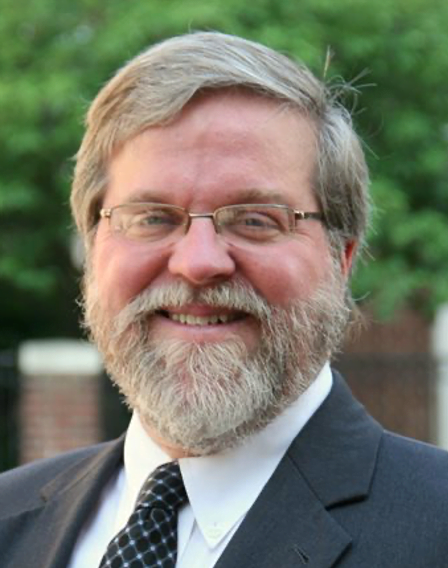Our Hymn of the Day, “When we are tested”, is a marvelous hymn text in the ELCA’s newest music resource, All Creation Sings. It is set to the well-known tune, SLANE. In English hymn books, where traditional folk tunes are used, the place of collection is sometimes attributed as the tune name. This melody is named after the Hill of Slane, the site where St. Patrick lit an Easter fire in defiance of the pagan king, Lóegaire, near the village of the same name (Irish: Baile Shláine) in County Meath, Ireland. The tune has its origin as a traditional Irish tune, principally ‘With my Love on the Road’, also known as ‘The Banks of the Bann’.
The music for our “Holy, holy, holy” and “Lamb of God” during the season of Lent is based on the tune PICARDY. Its name comes from the province of France from where it is thought to originate. The tune dates back at least to the 17th century, and was originally used for the folk song “Jésus-Christ s’habille en pauvre”. First published in the 1848 collection Chansons populaires des provinces de France, “Picardy” was most famously arranged by Ralph Vaughan Williams in 1906 for the hymn “Let All Mortal Flesh Keep Silence”, in the English Hymnal, the words of which are taken from the Byzantine Greek Liturgy of St. James translated by Gerard Moultrie a chaplain at Shrewsbury School. In addition, Gustav Holst used the hymn in his “3 Festival Choruses” Op. 36a. While the tune is most commonly sung to the words “Let all mortal flesh keep silence”, it is also set to other words, including “Christians, let us love one another” and ‘You, Lord, are both lamb and shepherd”.
Our communion hymn, “Jesus still lead on”, was authored by Count Nicolaus Ludwig von Zinzendorf, the founder of the religious community of Herrnhut and the apostle of the United Brethren. He was born at Dresden May 26, 1700. It is not often that noble blood and worldly wealth are allied with true piety and missionary zeal. Such, however, was the case with Count Zinzendorf. In 1731 Zinzendorf resigned all public duties and devoted himself to missionary work. He traveled extensively on the Continent, in Great Britain, and in America, preaching “Christ, and him crucified,” and organizing societies of Moravian brethren. John Wesley is said to have been under obligation to Zinzendorf for some ideas on singing, organization of classes, and Church government. Zinzendorf was the author of some two thousand hymns. He died at Herrnhut May 6, 1760.
The text is set to SEELENBRÄUTIGAM, a tune by Adam Drese (ca. 1620-1701). He was at first musician at the court of Duke Wilhelm, of Sachse-Weimar; and after being sent by the Duke for further training under Marco Sacchi at Warsaw, was appointed his Kapellmeister in 1655. On the Duke’s death in 1662, his son, Duke Bernhard, took Drese with him to Jena, appointed him his secretary, and, in 1672, Town Mayor. After Duke Bernhard’s death, in 1678, Drese remained in Jena till 1683, when he was appointed Kapellmeister at Arnstadt to Prince Anton Günther, of Schwarzburg-Sondershausen.


